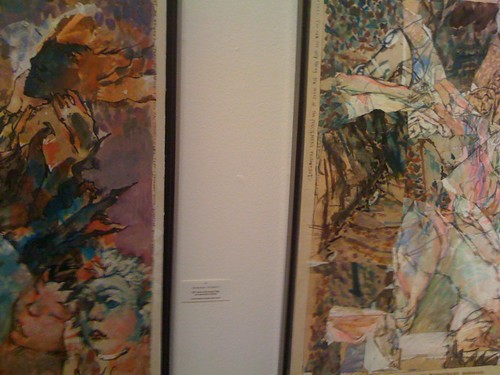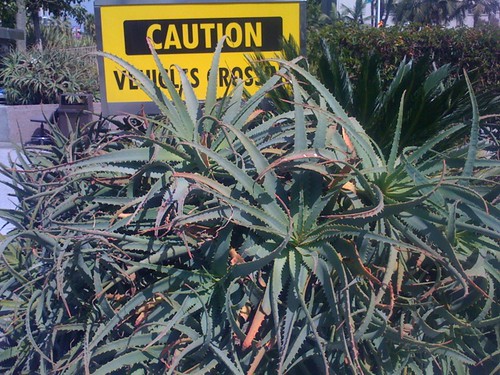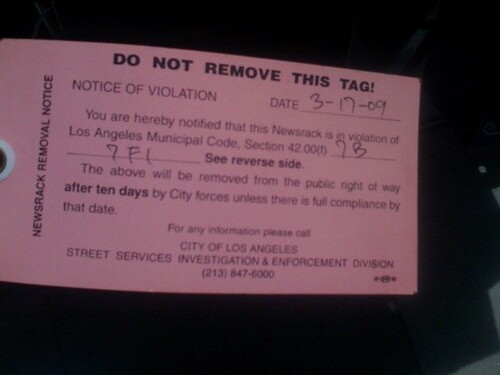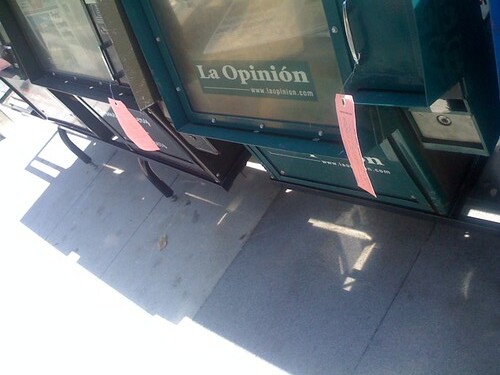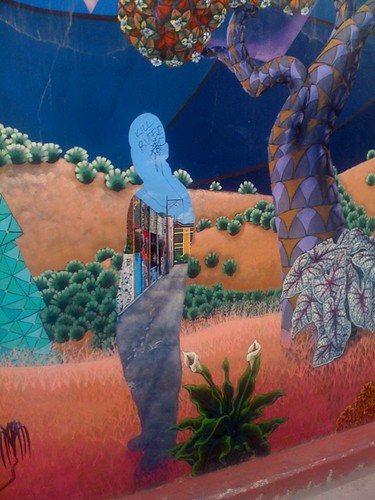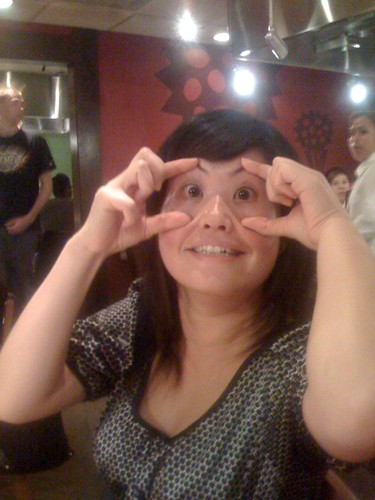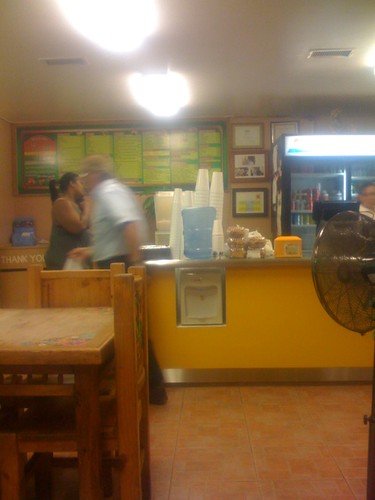Here’s what I’ve been thinking about, lately: Lately, I’ve been thinking about the way that research papers and dissertations and just general academic papers are written. I’m talking genre here.
I get that there is a set and recognized form to what is written. That the dissertation and – to some extent – it’s lesser variants, the thesis, the report, the critique, the essay, the explication, et al., have very explicit routes of explanation; the need for a lit review, a methodology, an introduction and conclusion, an argument, a hefty collection of data, an analysis, a findings. I recognize this route and have been writing along this route for much of my academic career. Frankly, I feel confident in my ability to move along the multi-laned highway of standard expository reports. It’s a process I’ve been expected to develop since my primary education, just like most other products of the American education system. And, I’m not going to kid myself that I’m some sort of rebel to the education mode of discourse. As a doctoral student and as an English teacher I am in a very literal sense interested in maintaining the processes that be within academia.
However, I also wonder about the idea of changes within the genre of academic writing. As students, we’re encouraged to explore and elbow out space for new areas of research. In education, this means (I think) aligning oneself within specific theoretical constellations and finding the areas for expertise within which one can develop a burgeoning catalog of recognized work. For example, being a Critical Freirean theorist interested in issues of game design and literacy within a secondary school context could be just the little planet for someone like me to plant a flag upon (not that giant of a leap, actually). That’s kind of what we’re supposed to do. However, what we’re not supposed to questions is how we do this. We (the academy) aren’t going to accept the kind of work that isn’t in the dissertation-derived mode of writing.
Dissertation comes from dissertātiō, meaning “discourse.” However, while there is a dialogue across different articles, books, and essays, I’m not seeing a dialogue within the actual discourse method. And while I continue to ramble about a dissertation like all of you actually care about the actual document – I see it as a symbolic representation of the kinds of academic text recognized as “legitimate.”
I look at postmodernism and the way literature both informed and responded to it. I’m genuinely thrilled by the way authors and literary works filter through the lens that postmodernism either provided or complicated (depending on what side of the bed you woke up). I like the fact that postmodern literature occasionally makes me scratch my head in confusion. I like that sometimes I don’t know how to read a page of text or that orientations in the writing shift and words and meanings collide. I like that the text is unbound and that there is a sense if possibility within a postmodern work. Each bound gem, like Saritas, its own Temporary Autonomous Zone. Similarly, I like the fact that digital literature is so much more than, like, text that is on a screen instead of on a printed page. I also like the fact that, like, this kind of experimental literature would find a, like, receptacle within which I could expel a Brobdingnagian gushing of “likes” in the way that lexicographers and grammarians bemoan.
I’m sure a bit of simple digging will yield the occasional journal or book that is written in a way that challenges the norm as far as discursive writing. The Magic of the State comes to mind as the anthropological antecedent to what I am thinking about. However, sporadic journals and publications existing on the fringe aren’t the kind of theoretical corpus I want to purely subscribe to. I’m looking for something more. I want to find the dialogue within the discourse. I realize that this desire is devoid of any kind of research into the topic, but, frankly, I’m not even sure where to start. The dissertation model is so inherent within the academy – like, all of it – that I don’t know what kinds of journals to look for discussions on this. Of course, such thoughts could pretty much be deracinated by some philosophical study or constellation of which I’m not aware of. Right now, I don’t even know where to, “like”, point the telescope.
Tell people this is awesome:
